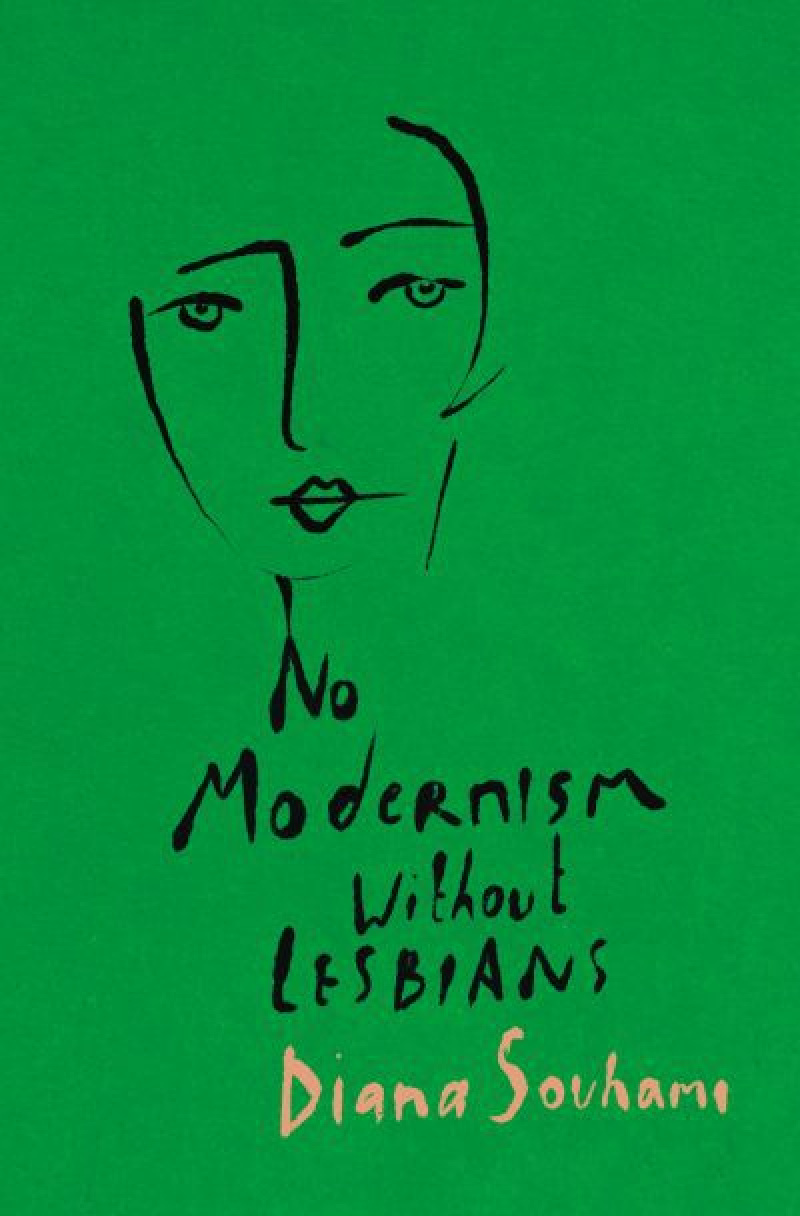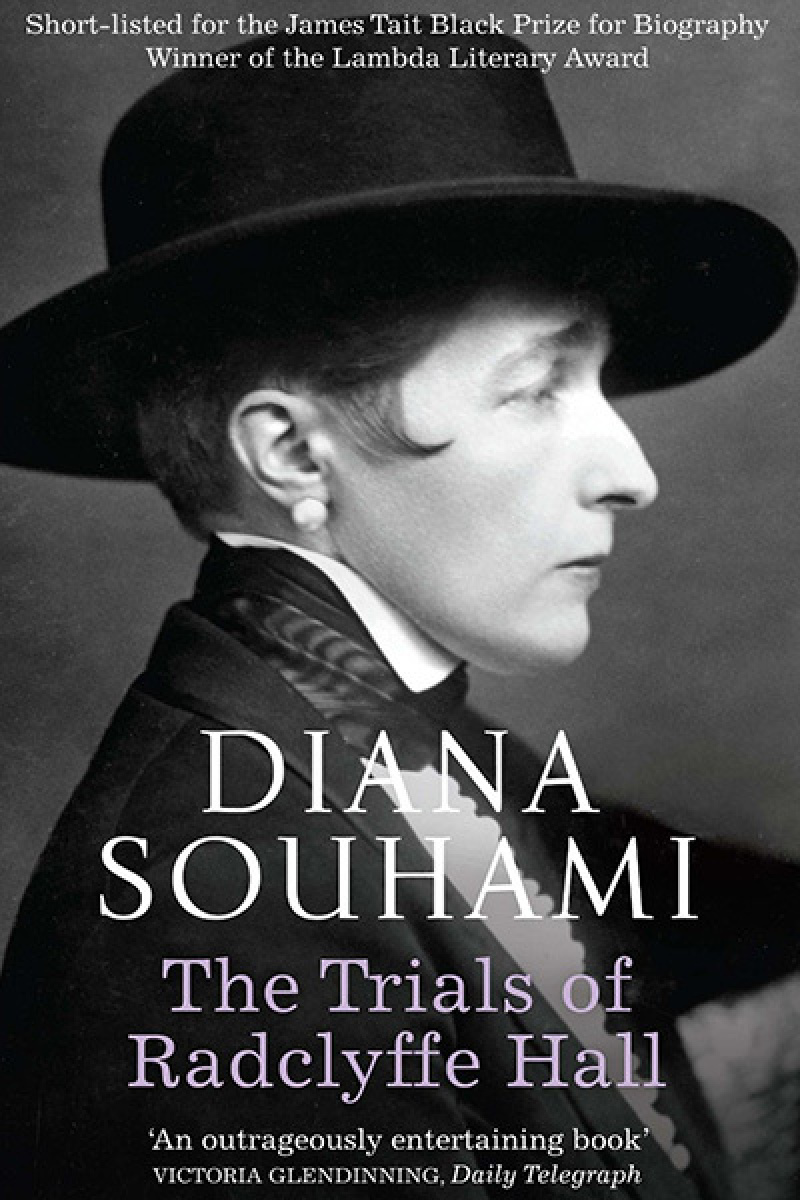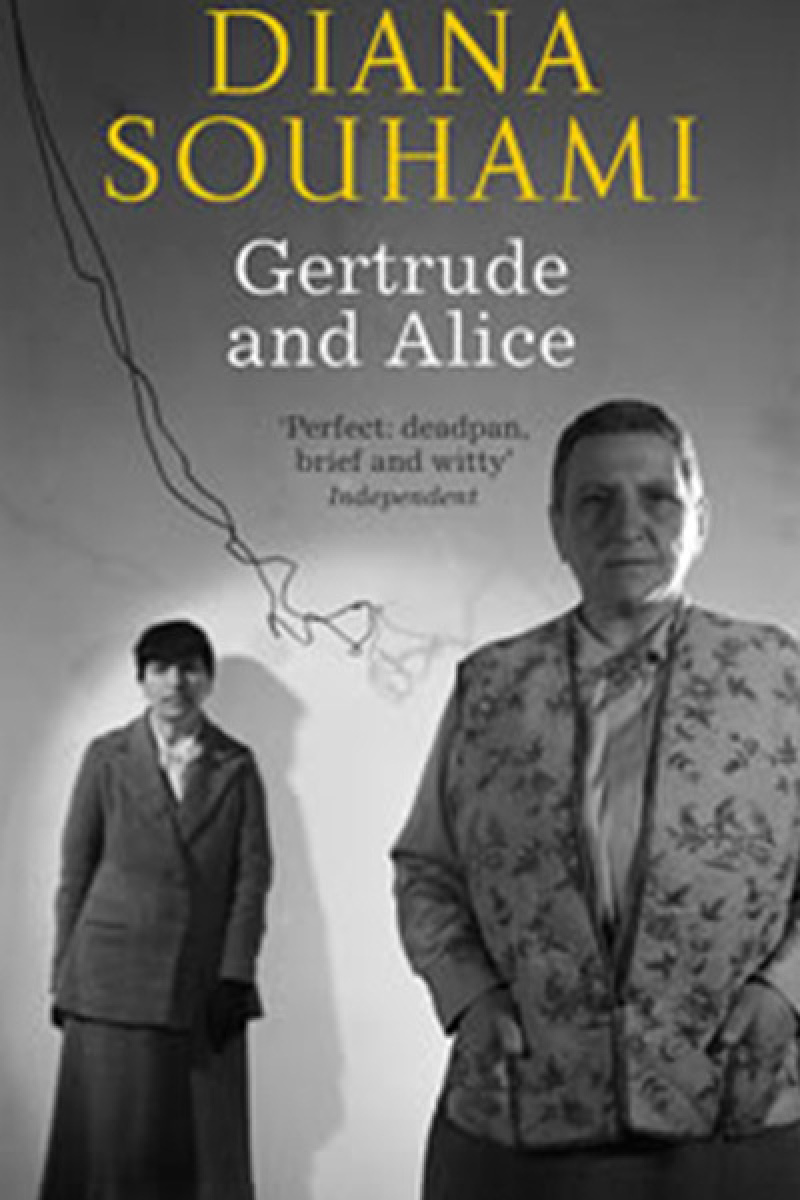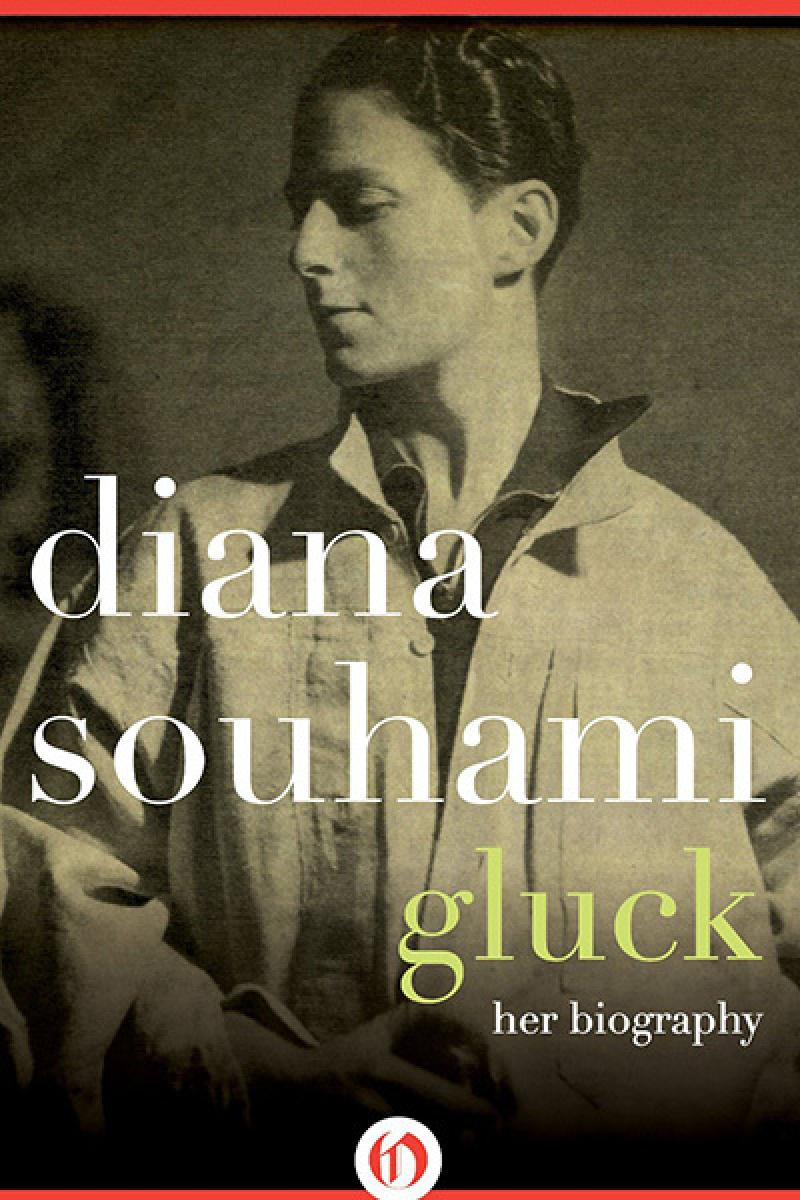Edith Cavell
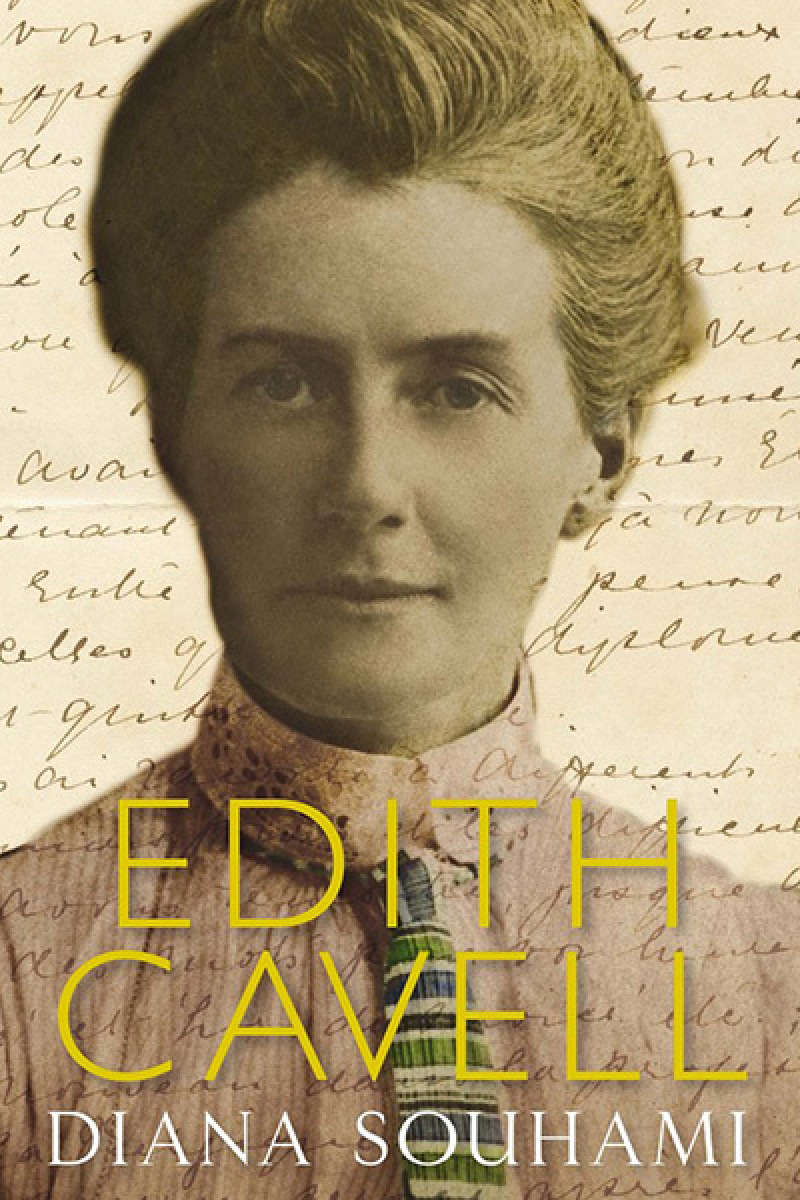
Edith Cavell
Edith Cavell, a vicar’s daughter, was born in 1865 in a small Norfolk village into a way of English life that seemed immutable. Aged thirty, she left the constrained life of a governess to ‘do something useful, something for the people’. She became a pioneering nurse. She trained at the flagship Royal London Hospital at a time when nursing was emerging as a profession rather than, as Florence Nightingale put it, ‘just a job of last resort for those too old, too weak, or too drunk to do anything else’.
At the start of the First World War, Edith Cavell was in Brussels as Head Matron of Belgium’s first ever training school for nurses. On 20 August 1914 she watched as fifty thousand German soldiers marched into the city. Under German Occupation her life changed from that of the archetypal Victorian matron, to the subversion and concealment of a resistance worker. Despite huge personal risk, she allowed her nursing school to be used as a central safe house for hundreds of allied soldiers, separated from their regiments, who if caught would have been imprisoned or shot.
Edith Cavell nursed their wounds, gave them money, and organised disguises, false papers and guides to get them out of the country. Her resistance network was tracked down by the Germans. Of those arrested she was singled out for execution because she was English. She faced her punishment with a calm and courage that affected all who saw her during her final days.
Diana Souhami draws on extensive archival research in this moving and elegantly-written biography. She shows how Edith Cavell’s character illuminated the dark era through which she lived and serves as an inspiration in our own times too.
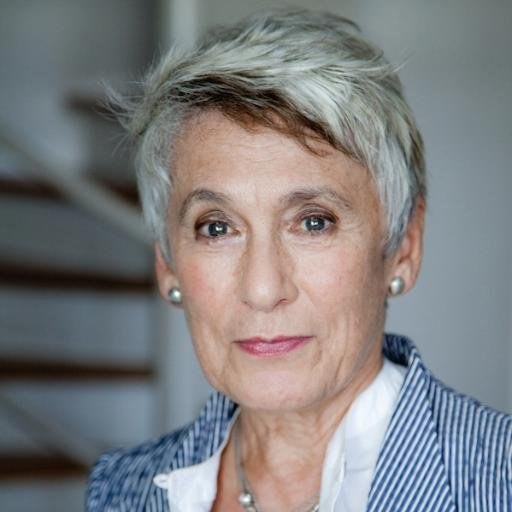 Diana Souhami
Diana Souhami
